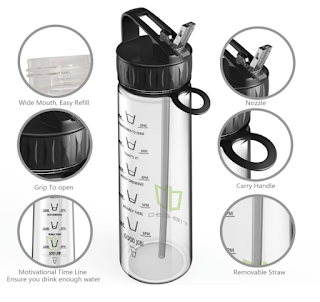Every two hours a man in the UK takes
his own life - that's 84 every week.
Despite such harrowing figures, there is
currently no minister in the UK government officially responsible for suicide
prevention and bereavement support.
On Monday, the Campaign Against Living
Miserably (CALM) launched Project 84 in order to raise awareness and encourage
both the government and the public to better understand the complexities of
suicide and strive for improved prevention and bereavement support.
84 sculptures, created alongside
families affected by male suicide, currently stand on top of the This Morning
studios and ITV's headquarters on London's South Bank as part of the campaign.
Discussing the exhibition, CALM explain
how they intend to “stop people in their tracks, make them pay attention and
inspire much needed conversation and action around suicide”1. Partnering with internationally renowned
artist, Mark Jenkins, and his collaborator Sandra Fernandez, the 84 individual
sculptures are a reflection on the real lives that are lost and the friends and
families who are sadly left behind.
With studies in 2017 showing that male
construction workers at greatest risk of suicide2 - this topic is
one that can’t be ignored any longer.
Sign the petition for a call for change
so that this important issue gets the attention and action it desperately
deserves at https://www.change.org/p/jeremy-hunt-make-suicide-prevention-and-support-a-government-minister-s-responsibility
If you feel suicidal or vulnerable, if
you're worried that someone you know may be feeling suicidal or if you need
support after losing a loved one to suicide, go to CALM (https://www.thecalmzone.net) for advice, support lines and
webchat. You can also contact the
Samaritans (https://www.samaritans.org/branches) or call 116 123.
1 https://www.projecteightyfour.com
2
https://www.theguardian.com/society/2017/mar/17/male-construction-workers-greatest-risk-suicide-england-st




